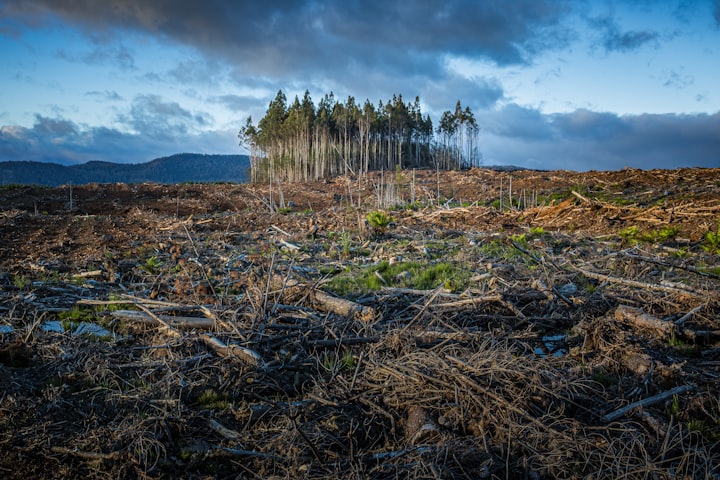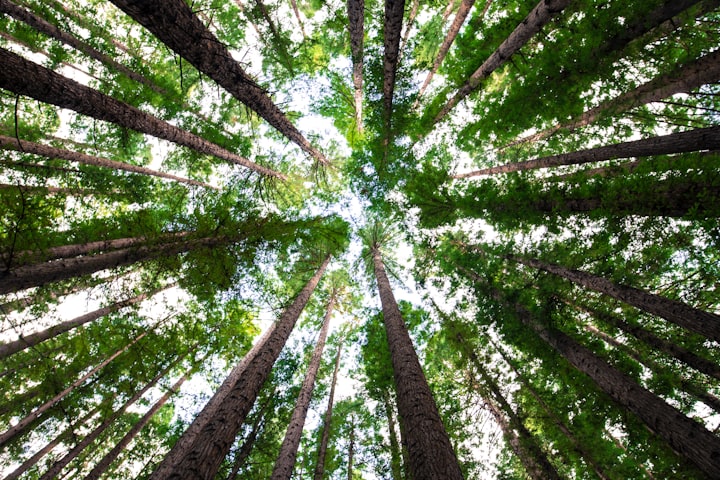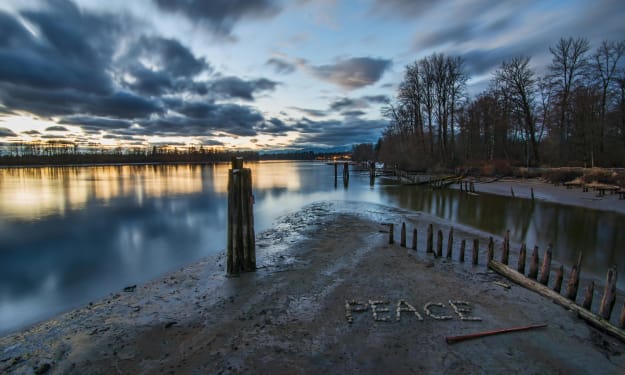The Impact of Climate Change on Winter Weather Patterns
The impact of climate change on winter weather patterns is becoming increasingly apparent, with warmer temperatures, altered precipitation patterns, and more frequent extreme weather events. These changes are having significant impacts on winter sports and activities, wildlife, ecosystems, and economies.

Exploring the Link Between Global Warming and Extreme Winter Storms:- Winter storms are nothing new, but their frequency and intensity have increased in recent years, and scientists believe that climate change is a major contributing factor. As global temperatures rise, it creates a ripple effect that can have profound impacts on weather patterns around the world, including in the winter months.
One way that climate change is affecting winter weather patterns is by altering the jet stream, a high-altitude current of air that helps to steer weather systems. As the Arctic warms, the temperature difference between the pole and the equator decreases, which weakens the jet stream and causes it to meander more than usual. This can lead to prolonged periods of cold weather, as well as intense storms that dump large amounts of snow in some areas while leaving others relatively untouched.
Another factor that contributes to more severe winter storms is the fact that warmer air can hold more moisture, which means that when a storm system does form, it has the potential to dump larger amounts of snow or rain. This can lead to flooding in some areas, while other areas may be hit with heavy snowfall.
Despite these changes, it's important to note that not all winter storms can be directly attributed to climate change. Factors like natural variability and regional weather patterns can also play a role. However, the overall trend toward more extreme winter weather is a cause for concern, particularly for those who live in areas that are particularly vulnerable to these types of events.
So what can we do about it? While it's impossible to completely reverse the effects of climate change at this point, there are steps that we can take to mitigate its impact on winter weather. This includes reducing greenhouse gas emissions through things like transitioning to renewable energy sources and promoting energy efficiency, as well as investing in infrastructure and other measures that can help communities prepare for and respond to extreme weather events. Ultimately, the more we do to address climate change, the less severe its impact on winter weather will be.
How Climate Change is Affecting Winter Sports and Activities:- Winter sports and activities, from skiing to ice skating to snowmobiling, are an important part of many people's lives, particularly in colder climates. However, as climate change continues to alter winter weather patterns, these activities are becoming increasingly difficult to enjoy.
For starters, warmer temperatures can make it more difficult to maintain snow cover, particularly in lower elevations. This can lead to shorter seasons and less reliable conditions for winter sports. Additionally, when snow does fall, it may be wetter and heavier than in the past, making it more difficult to ski or snowboard on.
At the same time, some areas are experiencing more extreme winter weather events, such as blizzards and heavy snowstorms, which can make it difficult or even dangerous to participate in winter sports. In some cases, events may need to be canceled altogether due to hazardous conditions.
In addition to the impacts on winter sports, climate change is also affecting wildlife and ecosystems that are important to these activities. For example, warmer temperatures can alter the migration patterns of animals like caribou and elk, which can impact hunting opportunities. Warmer temperatures can also lead to a decline in winter tourism, which can have economic impacts on communities that rely on these activities.
Overall, the impacts of climate change on winter sports and activities are significant and cannot be ignored. As we work to address climate change, it will be important to prioritize solutions that can help preserve the things we love about winter, from snow-covered slopes to frozen lakes and everything in between.
The Economic Costs of Winter Storms in the Era of Climate Change:- Winter storms can have a significant impact on economies, particularly in areas that are vulnerable to severe weather events. As climate change continues to alter winter weather patterns, the economic costs of these events are likely to increase, making it more important than ever to address the underlying causes of climate change.
One way that winter storms can impact economies is through damage to infrastructure, such as roads, bridges, and buildings. Snow and ice can cause damage to these structures, while heavy rain and flooding can lead to erosion and other types of damage.
In addition to physical damage, winter storms can also impact economic activity by disrupting transportation and supply chains. When roads are closed or flights are canceled due to severe weather, it can make it difficult for goods and services to reach their destinations. This can lead to delays, increased costs, and other economic impacts.
Finally, winter storms can have a significant impact on businesses that rely on winter tourism, such as ski resorts and outdoor recreation companies. When winter weather is unpredictable or unreliable, it can lead to reduced revenue and even job losses in these industries.
Overall, the economic costs of winter storms are significant, and as climate change continues to alter winter weather patterns, these costs are likely to increase. By taking steps to address climate change and reduce our greenhouse gas emissions, we can help prevent some of the worst impacts of winter weather events and protect our economies for years to come.
Solutions for Mitigating the Impact of Climate Change on Winter Weather:- As the impacts of climate change on winter weather become more apparent, it's clear that we need to take action to mitigate the worst effects of these changes. While there is no one-size-fits-all solution to this complex issue, there are several steps that individuals, businesses, and governments can take to reduce their impact on the environment and help prepare for extreme weather events.
One of the most important steps we can take is to reduce our greenhouse gas emissions. This can be done by transitioning to renewable energy sources like wind and solar power, promoting energy efficiency, and reducing our reliance on fossil fuels. By reducing our carbon footprint, we can help slow the pace of climate change and reduce the severity of its impacts on winter weather.
Another key solution is to invest in infrastructure and other measures that can help communities prepare for and respond to extreme weather events. This might include building stronger and more resilient buildings and roads, improving emergency response capabilities, and developing early warning systems for severe weather events.
Individuals can also take steps to reduce their impact on the environment and prepare for extreme weather events. This might include things like using public transportation or carpooling to reduce emissions, preparing emergency kits with supplies like blankets, flashlights, and non-perishable food, and taking steps to protect their homes from damage during storms.
Ultimately, there is no one solution to the impacts of climate change on winter weather. However, by taking a comprehensive and collaborative approach, we can help mitigate the worst effects of these changes and build a more resilient future for ourselves and future generations.
About the Creator
Dipesh Saini
I, Dipesh saini student at Rajasthan University in Bachelor of computer application. Currently, I am working with a Network Marketing start-up. I am interested in writing. I am interested to work on the new task.





Comments
There are no comments for this story
Be the first to respond and start the conversation.